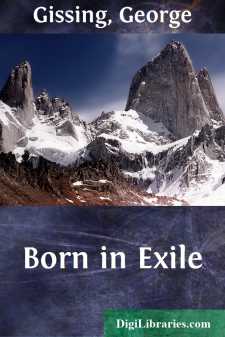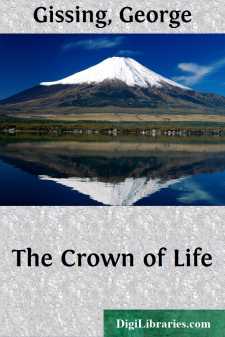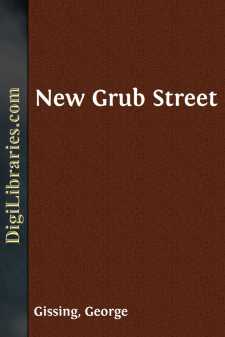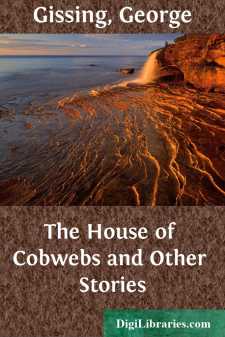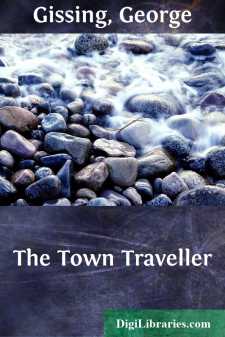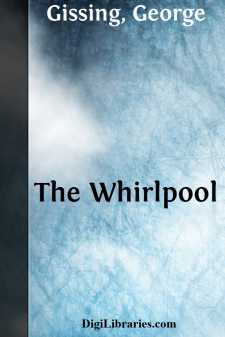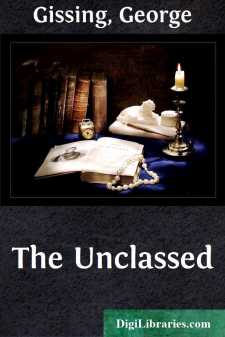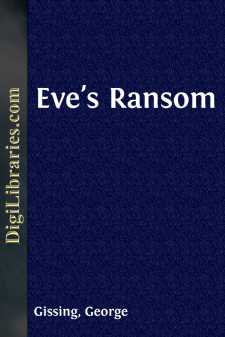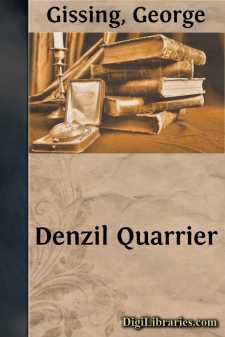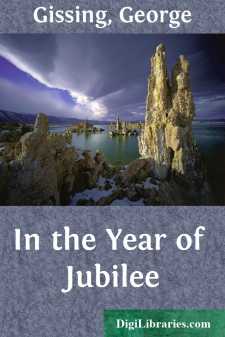Categories
- Antiques & Collectibles 13
- Architecture 36
- Art 48
- Bibles 22
- Biography & Autobiography 815
- Body, Mind & Spirit 144
- Business & Economics 28
- Children's Books 18
- Children's Fiction 14
- Computers 4
- Cooking 94
- Crafts & Hobbies 4
- Drama 346
- Education 58
- Family & Relationships 59
- Fiction 11834
- Games 19
- Gardening 17
- Health & Fitness 34
- History 1378
- House & Home 1
- Humor 147
- Juvenile Fiction 1873
- Juvenile Nonfiction 202
- Language Arts & Disciplines 89
- Law 16
- Literary Collections 686
- Literary Criticism 179
- Mathematics 13
- Medical 41
- Music 40
- Nature 179
- Non-Classifiable 1768
- Performing Arts 7
- Periodicals 1453
- Philosophy 65
- Photography 2
- Poetry 896
- Political Science 203
- Psychology 44
- Reference 154
- Religion 515
- Science 126
- Self-Help 85
- Social Science 83
- Sports & Recreation 34
- Study Aids 3
- Technology & Engineering 59
- Transportation 23
- Travel 463
- True Crime 29
Our website is made possible by displaying online advertisements to our visitors.
Please consider supporting us by disabling your ad blocker.
Born in Exile
by: George Gissing
Categories:
Description:
Excerpt
CHAPTER I
The summer day in 1874 which closed the annual session of Whitelaw College was marked by a special ceremony, preceding the wonted distribution of academic rewards. At eleven in the morning (just as a heavy shower fell from the smoke-canopy above the roaring streets) the municipal authorities, educational dignitaries, and prominent burgesses of Kingsmill assembled on an open space before the College to unveil a statue of Sir Job Whitelaw. The honoured baronet had been six months dead. Living, he opposed the desire of his fellow-citizens to exhibit even on canvas his gnarled features and bald crown; but when his modesty ceased to have a voice in the matter, no time was lost in raising a memorial of the great manufacturer, the self-made millionaire, the borough member in three Parliaments, the enlightened and benevolent founder of an institute which had conferred humane distinction on the money-making Midland town. Beneath such a sky, orations were necessarily curtailed; but Sir Job had always been impatient of much talk. An interval of two or three hours dispersed the rain-clouds and bestowed such grace of sunshine as Kingsmill might at this season temperately desire; then, whilst the marble figure was getting dried,âwith soot-stains which already foretold its negritude of a year hence,âagain streamed towards the College a varied multitude, official, parental, pupillary. The students had nothing distinctive in their garb, but here and there flitted the cap and gown of Professor or lecturer, signal for doffing of beavers along the line of its progress.
Among the more deliberate of the throng was a slender, upright, ruddy-cheeked gentleman of middle age, accompanied by his wife and a daughter of sixteen. On alighting from a carriage, they first of all directed their steps towards the statue, conversing together with pleasant animation. The father (Martin Warricombe, Esq. of Thornhaw, a small estate some five miles from Kingsmill,) had a countenance suggestive of engaging qualitiesâgenial humour, mildness, a turn for meditation, perhaps for study. His attire was informal, as if he disliked abandoning the freedom of the country even when summoned to urban ceremonies. He wore a grey felt hat, and a light jacket which displayed the straightness of his shoulders. Mrs. Warricombe and her daughter were more fashionably equipped, with taste which proclaimed their social standing. Save her fresh yet delicate complexion the lady had no particular personal charm. Of the young girl it could only be said that she exhibited a graceful immaturity, with perchance a little more earnestness than is common at her age; her voice, even when she spoke gaily, was seldom audible save by the person addressed.
Coming to a pause before Sir Job, Mr. Warricombe put on a pair of eyeglasses which had dangled against his waistcoat, and began to scrutinise carefully the sculptured lineaments. He was addressing certain critical remarks to his companions when an interruption appeared in the form of a young man whose first words announced his relation to the group....


